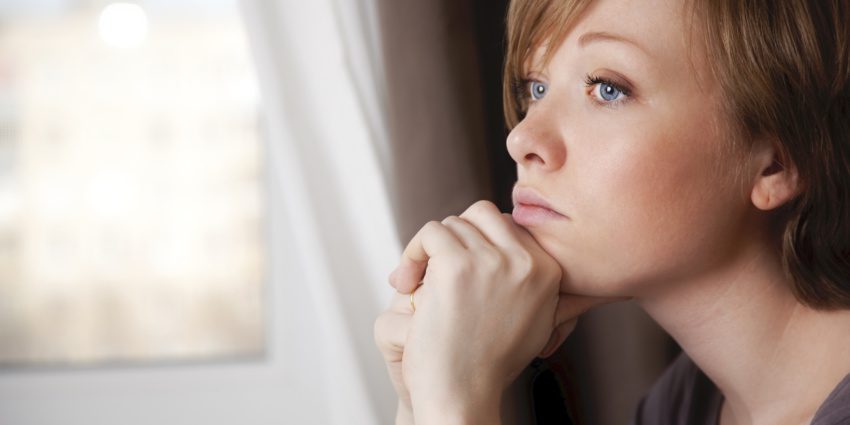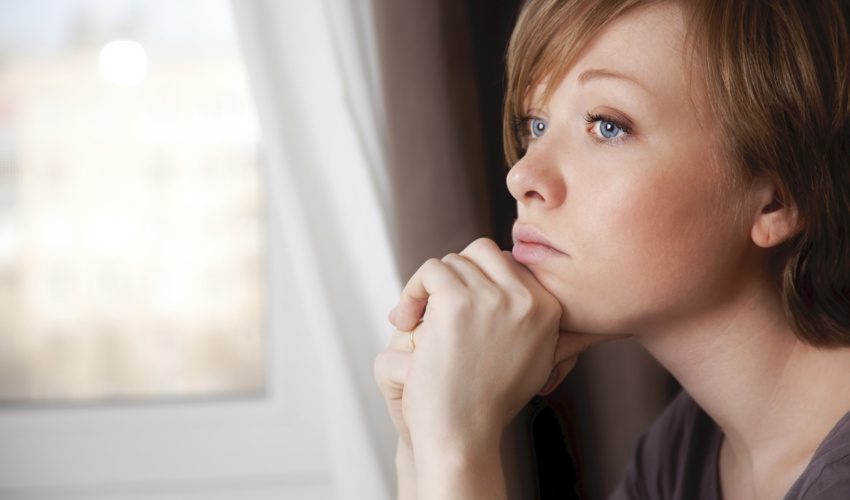Stress and COVID-19: Here’s how to cope
March 27, 2020
This paid piece is sponsored by Avera.
Stress happens to all of us from time to time. But what about stress that’s related to an ongoing situation – like COVID-19 – and no one really knows what’s going to happen or when it’s going to be resolved?
“Identify exactly what’s causing you stress,”said Dr. Matthew Stanley, Avera psychiatrist and clinical vice president of Avera’s Behavioral Health service line. “Then set a structure for dealing with that stress rather than just letting the horses run.”
For example, limit the sources you are reading to one or two credible outlets rather than just surfing the internet. Make sure your source presents facts rather than just someone’s opinion, Stanley said.
“The more we lean toward panic, the more pain we’ll inflict on ourselves and others around us,” he said.
Keep a clear head and follow the recommendations that are out there: for example, wash hands often and practice social distancing. “Keep the common good at top of mind, and take good conscientious care of yourself and others,” Stanley said.
People who deal with mental health conditions may already experience crippling fear and anxiety. “We realize these conditions are serious and can result in suicidality or other crisis outcomes. Medical and mental health resources are still available to care for needs such as anxiety and depression,” Stanley said.
Anxiety can show itself in various ways. For example, someone might become irritable and snappy, which can escalate if another person responds in the same way. “Show compassion,” Stanley said.
When the entire family is home from school or work, it’s good to spend time together. But there’s also stress that comes with “too much togetherness.” Come away from that at times to seek out your own space and your own activities.
“Children will be aware that something is going on, so talk to them rather than just saying everything is fine. Keep it simple,” Stanley said. “Start with a question: Have you heard about COVID? What do you think about it? Is there anything you want to ask about?”
Give kids empowerment, and help them see ways to help. “Try to be creative and positive,” Stanley said. Go outdoors, or get out a puzzle. Find productive ways to use your time rather than resorting to screen time or video games.
During times of stress, it’s not unusual to have trouble sleeping.
Stanley recommends good sleep hygiene:
- Have the same approach or ritual every night to wind down and get ready for bed.
- Go to bed at the same time each night, and get up at the same time each morning.
- Give yourself space and time to decompress and calm down.
- Read or watch something that’s calming and enjoyable rather than looking through news sites during the late evening hours.
- Create structure throughout the day – get plenty of exercise and sunlight, and eat a healthy diet.
- Don’t spend time at your phone or computer before bed as the blue light of screens can keep you up.
- Don’t jump to a sleeping medication right away. Try the sleep hygiene measures first.
Overall, for the sake of your mental health, choose to be hopeful. “Here in the Midwest, we take care of each other. We’re self-sufficient and self-reliant,” Stanley said. “If anyone is going to weather this well – it’s going to be us.”
Access information and resources at Avera.org/COVID-19.









